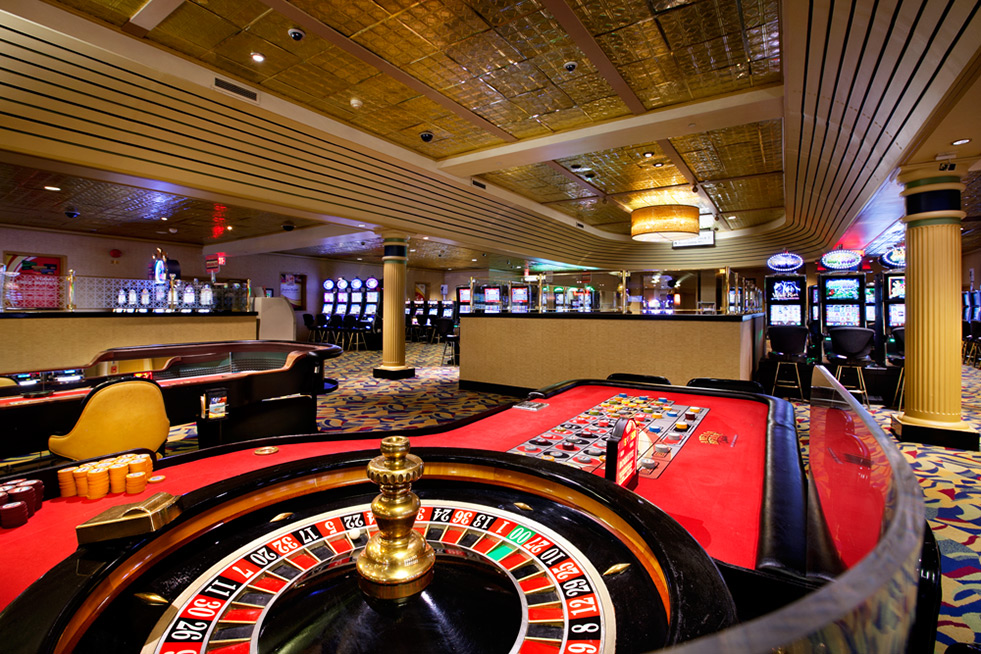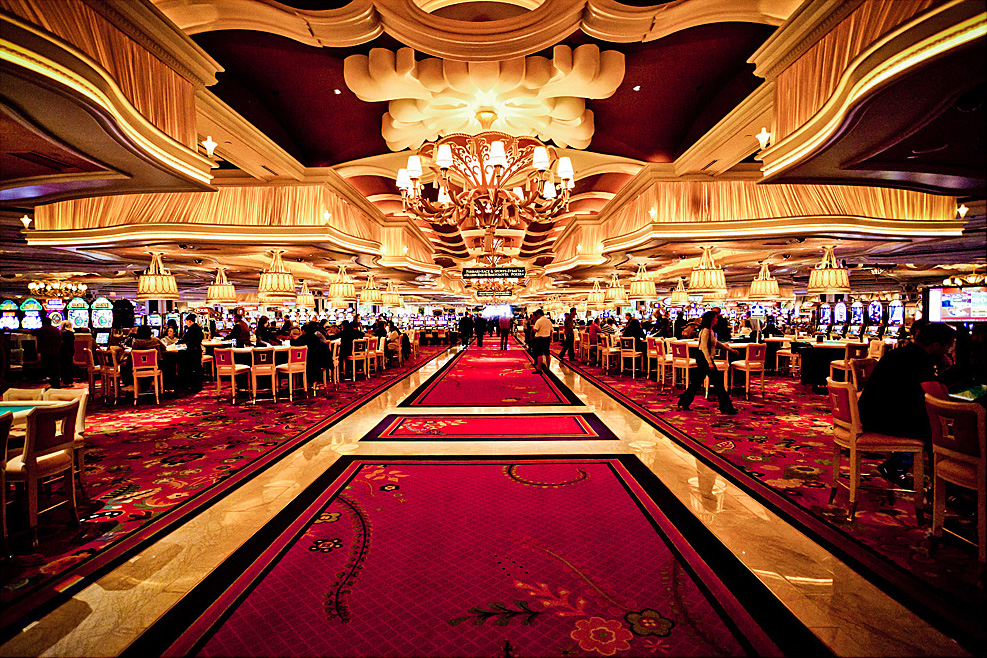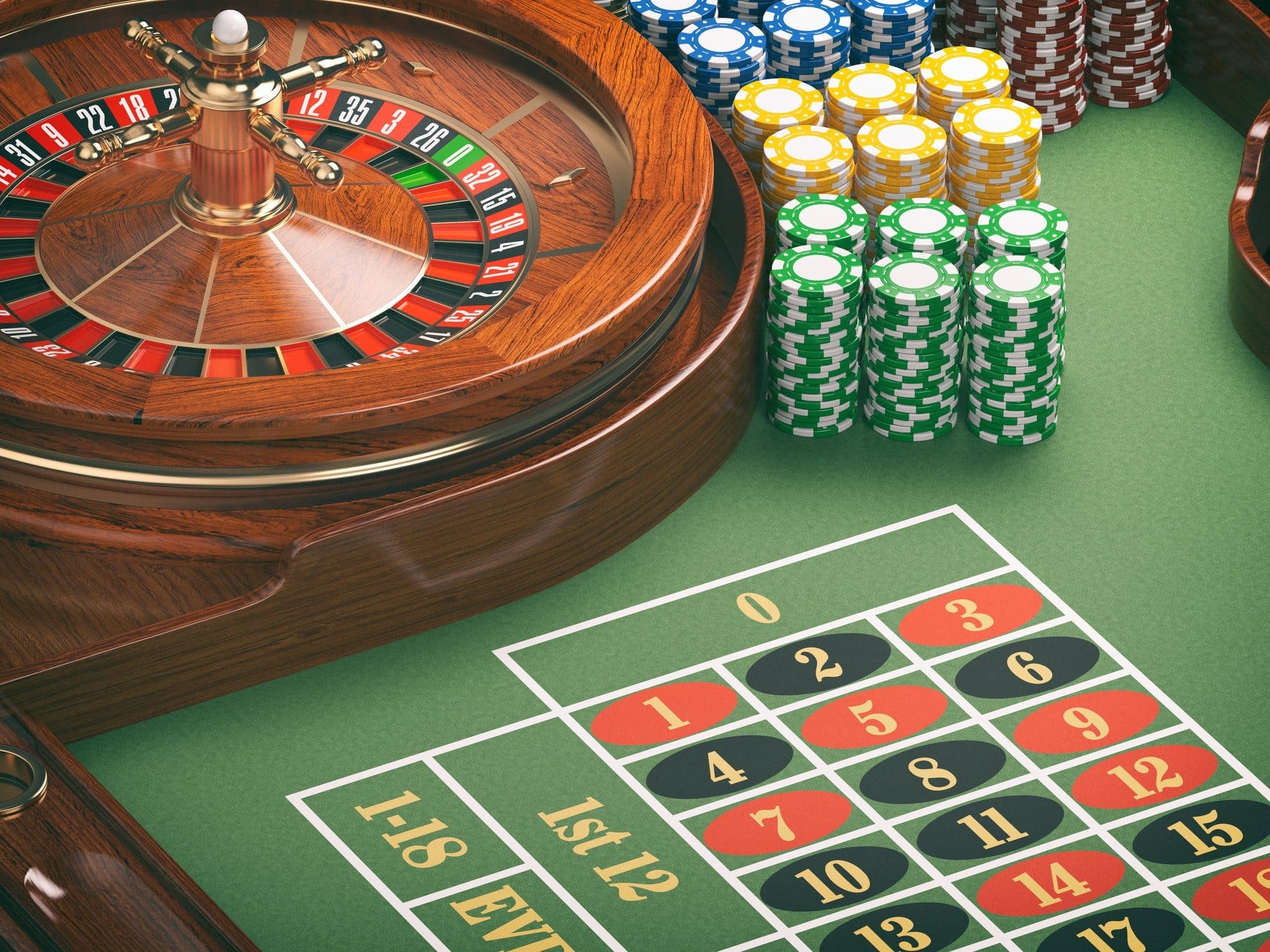
Gambling games have long captivated players from all walks of life, drawing them into vibrant casinos filled with the sounds of spinning wheels, clattering chips, and cheering crowds. The thrill of chance and the allure of potential winnings create an exhilarating atmosphere that keeps players returning for more. Whether it is the excitement of a slot machine, the strategic play of poker, or the anticipation of a roulette wheel, casino games offer a distinct combination of entertainment and risk that can be hard to resist.
At the heart of this fascination lies a psychological pull that varies from person to person. For some, the rush of hitting a jackpot can elevate their mood, while for others, it’s a social experience that brings friends together. The colorful visuals, engaging sounds, and sometimes lavish environments of casinos further enhance the appeal, making each visit an experience waiting to unfold. As we explore why gamblers are drawn to these games, we uncover the underlying motivations and emotions that fuel their passion for the betting tables.
The Psychology of Gambling
The attraction of casino games often derives from the intricate psychology of gambling as a whole. Many people find appealing the thrill of risking money for the chance of winning more, as it connects with a profound human desire for thrill and reward. This excitement can create a significant emotional experience. The mix of risk and potential monetary gain can trigger a dopamine release, making players feel energized.
Furthermore, the design of casino games is crafted to keep players interested. The use of luminous lights, captivating sounds, and the communal environment of casinos can enhance the excitement. Players typically find themselves submerged in these environments, where the expectation of a win draws them back repeatedly. This sensory stimulation encourages longer gaming sessions, as the instant feedback from wins, however small, reinforces the desire to keep playing.
Finally, cognitive biases play a crucial role in gambling behavior. Many individuals fall prey to the illusion of control, believing they can influence outcomes even in games of luck. This belief can lead to overconfidence and the persistence of play, despite mounting losses. Additionally, gamblers often recall their wins more clearly than their losses, which can alter their perception and fuel the desire to continue gambling. This multifaceted interplay between emotions and cognitive factors helps illustrate why so many are drawn to casino games.
A Attraction of Gambling Settings
The vibe of a gambling establishment is exceptionally captivating, pulling in players with its combination of thrill and anticipation. The scenes and noises of whirling slots, excited players, and the repetitive jingling of chips create an absorbing experience that is challenging to pass up. The lively lights and dynamic arrangement foster a atmosphere of energy that keeps visitors involved and invites them to stay more time. This captivating environment contributes to the overall allure of gaming games, enticing both novice and seasoned players alike.
Furthermore, gaming establishments are engineered to engage the senses in a way that makes players feel as though they are embarking on a fantastic adventure. The thoughtful arrangement of gaming options, cozy seating, and complimentary drinks enhance the overall value, making visitors feel valued and pampered. Many gambling spaces also incorporate themed furnishings and intricate themes that transport visitors to various realms, amplifying the buzz. Such atmospheres foster a sense of escapism, allowing players to disregard their mundane lives and immerse into the exciting realm of chance.
Finally, the presence of additional gamblers amplifies the communal dimension of betting, creating a collective rush. Interactions among gamblers, either through friendly chitchat or collective joy during a huge victory, cultivate a feeling of togetherness that many find attractive. This interpersonal engagement enhances the adventure of participating in gaming games, transforming it from a individual endeavor into a collective experience. The blend of thrill, engaging settings, and interpersonal connections makes gambling establishments an irresistible destination for bettors desiring fun and a possibility to gain.
Grasping Casino Dynamics
Gambling games are engineered with unique mechanics that attract players. All games has its specific set of rules, betting structures, and probability ratios, allowing players to engage with the game on multiple levels. The thrill of placing a bet and the anticipation of the outcome creates an electric atmosphere. Comprehending these mechanics can deepen a player’s appreciation for the game and elevate their overall experience.
An additional crucial aspect of game mechanics is the concept of randomness. casinos not on Gamstop UK Many casino games, especially slot machines and table games, rely on RNGs or shuffling to determine outcomes. This randomness is what keeps players returning; the unpredictable nature of the game creates a sense of hope and excitement. Knowing that each play or hand is independent of the last adds to the appeal, as players perceive they have a chance at winning, regardless of past outcomes.
Ultimately, the emotional response tied to game mechanics should not be underestimated. The excitement of a major payout or the tension during decisive moments are integral to the enjoyment of casino games. Such emotional highs and lows exploit psychological triggers that keep players engaged for extended periods. Understanding these emotional responses to game mechanics can help explain why individuals are attracted to the thrill of casino games, persistently seeking that next exhilarating moment.




